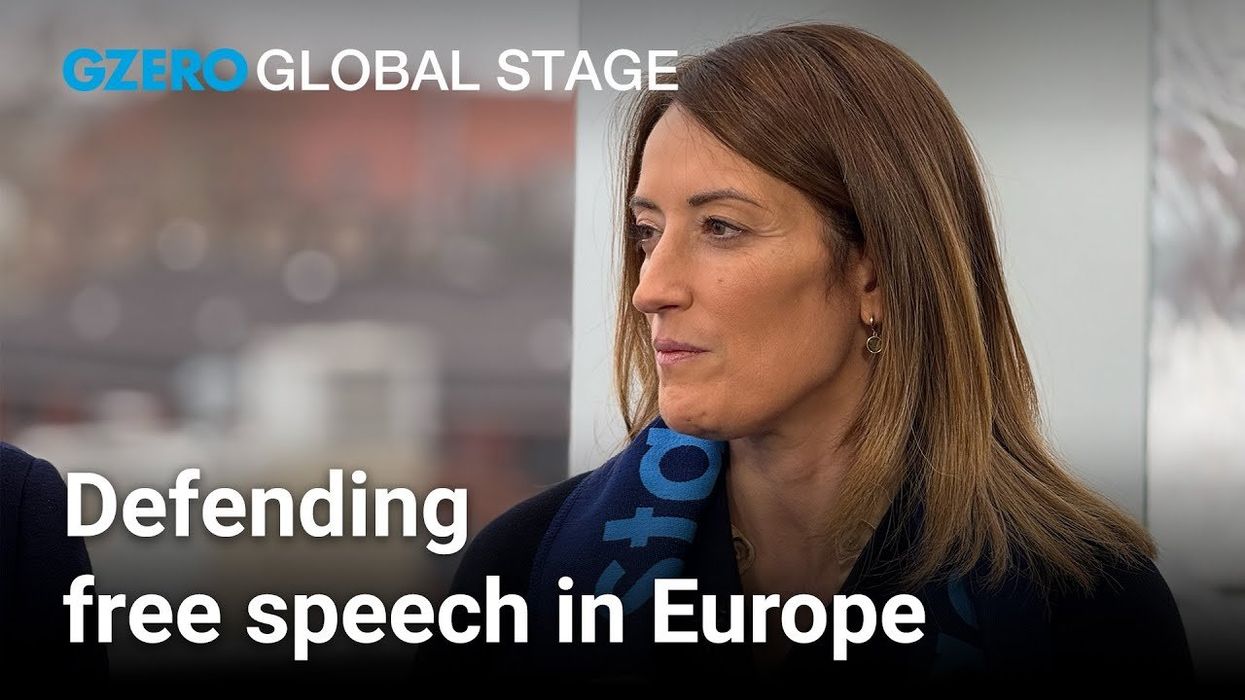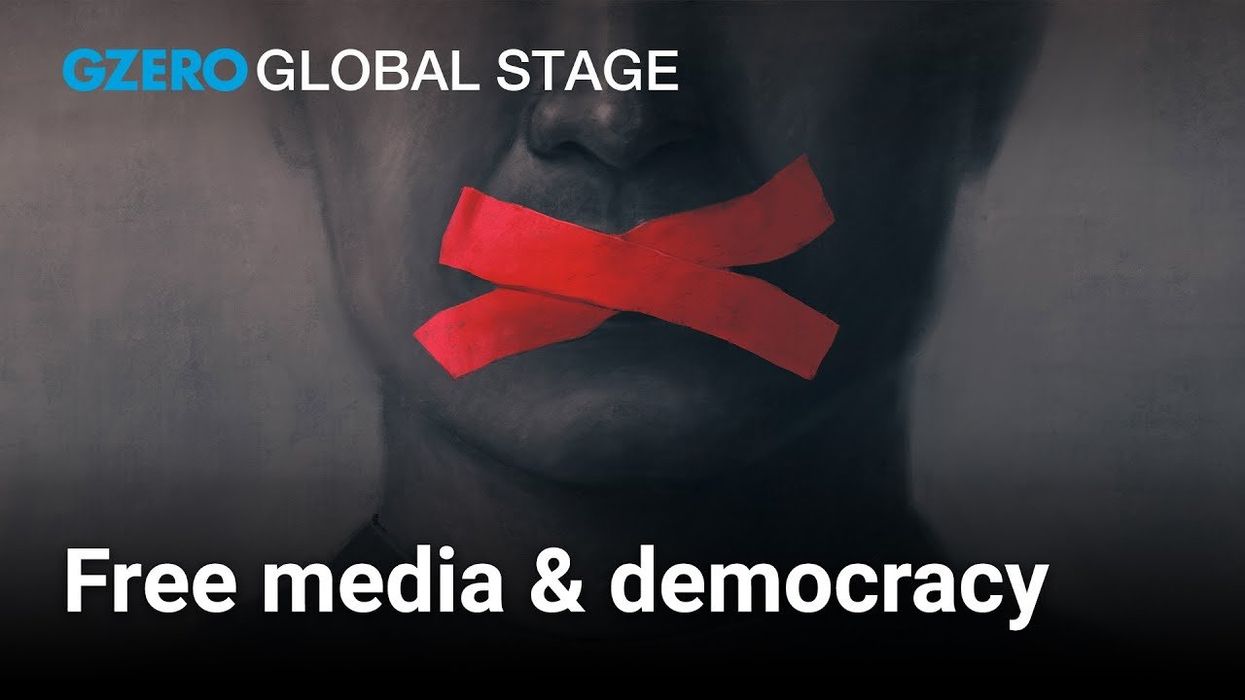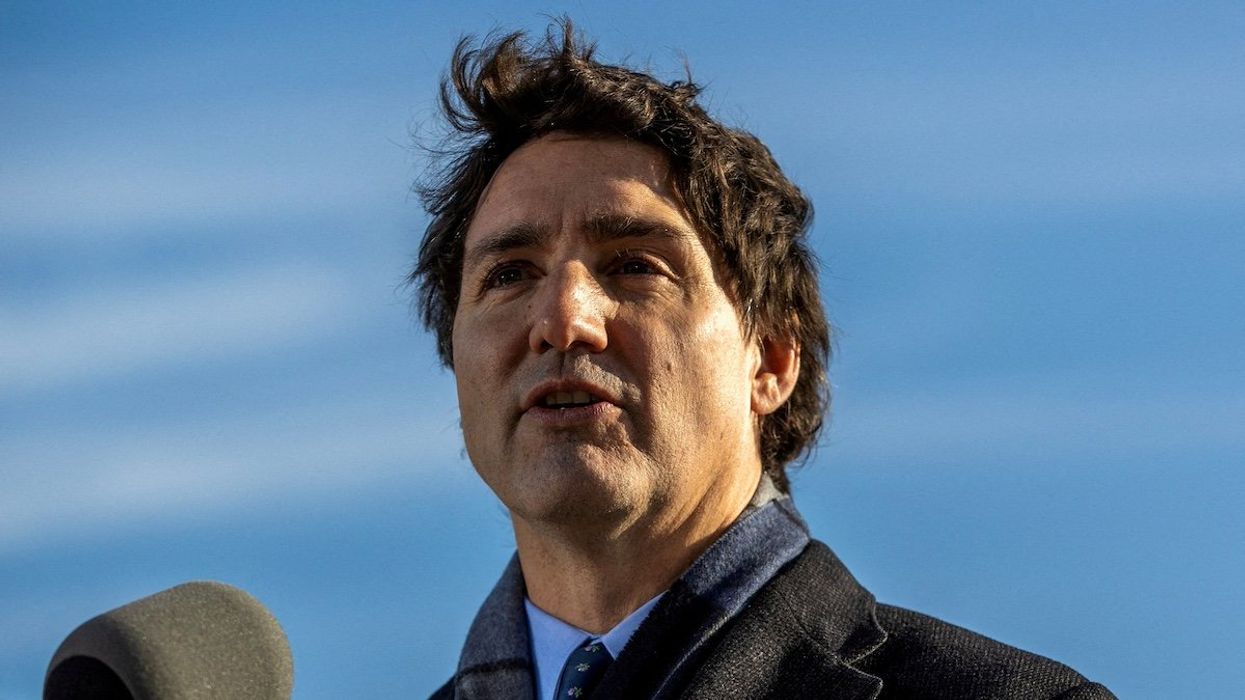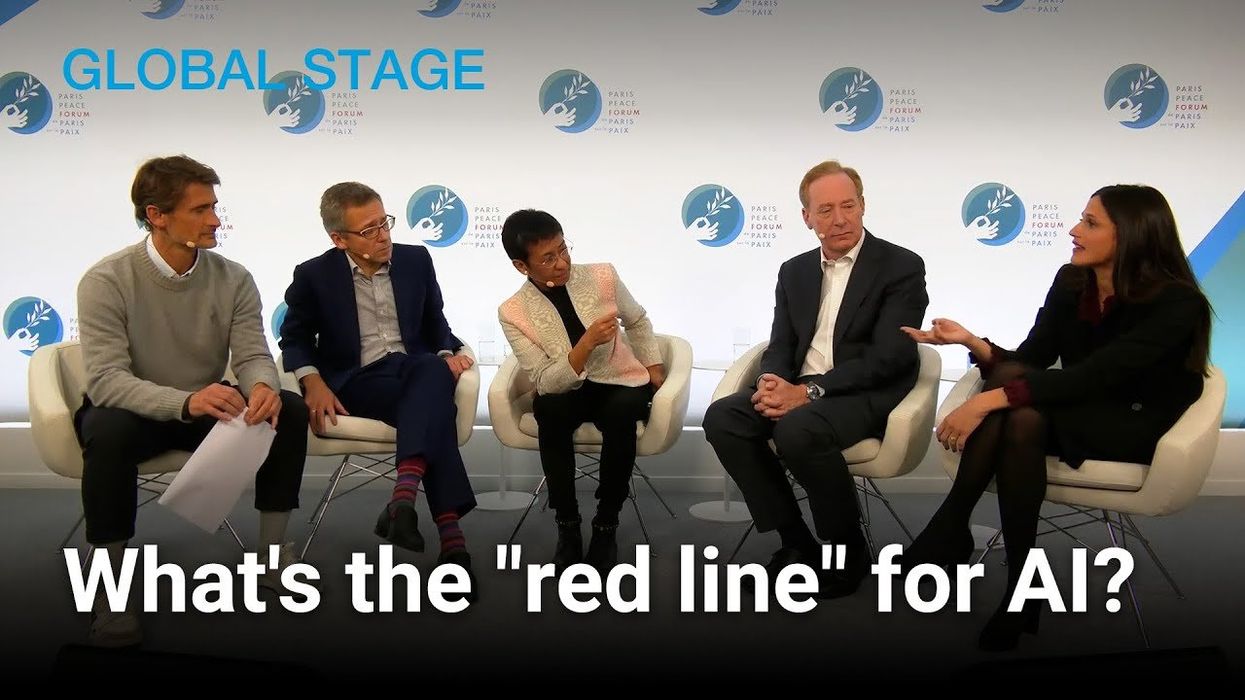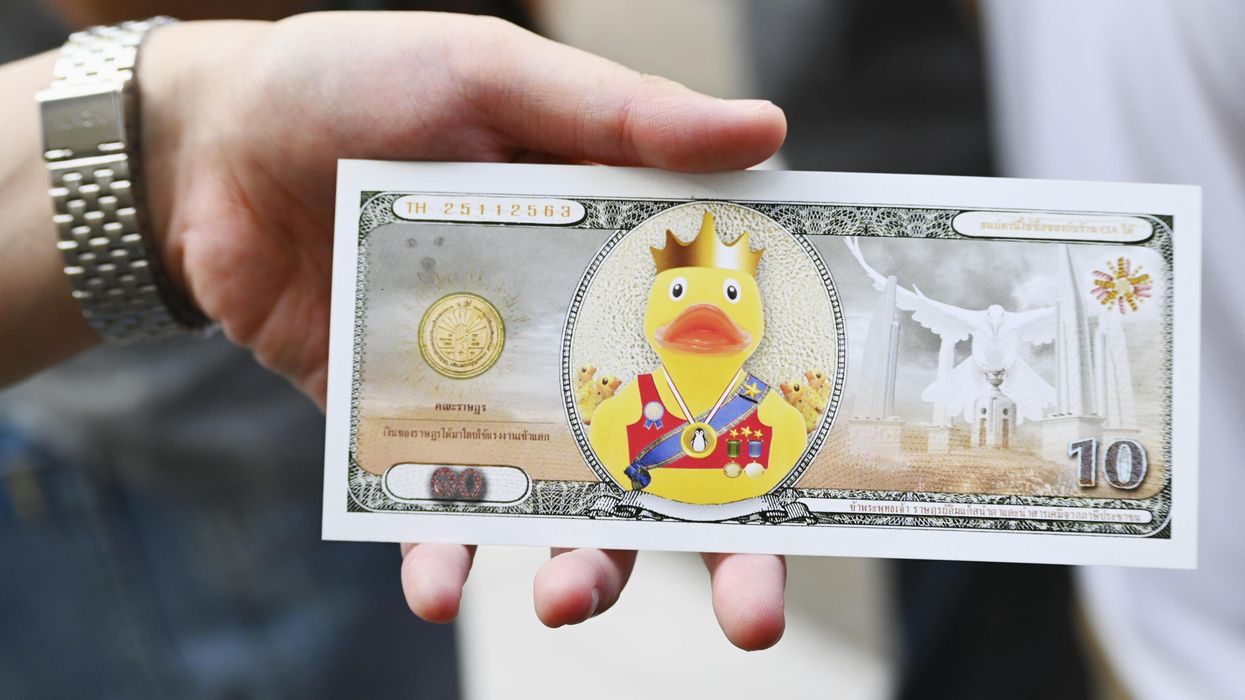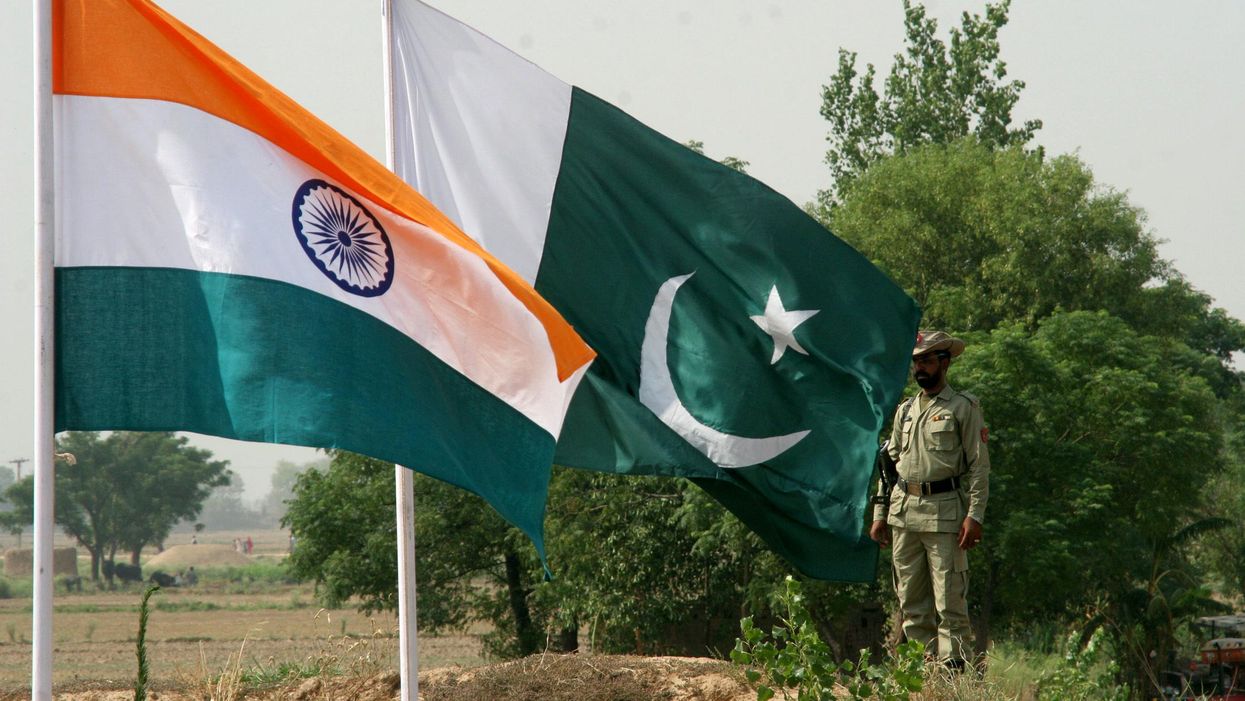Munich Security Conference
Is free speech under attack in Europe? Roberta Metsola weighs in
“There is a sort of doubt about freedom of expression here or protection of free speech in Europe,” says Roberta Metsola, president of the European Parliament.
Feb 19, 2025
